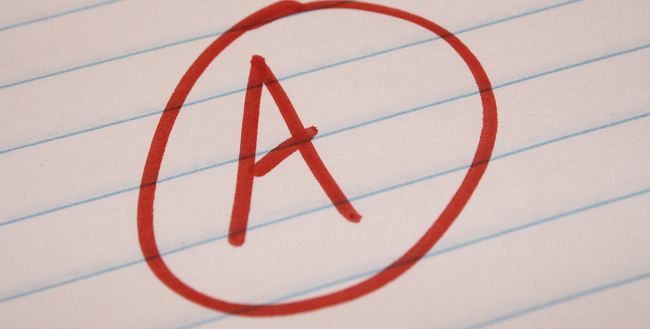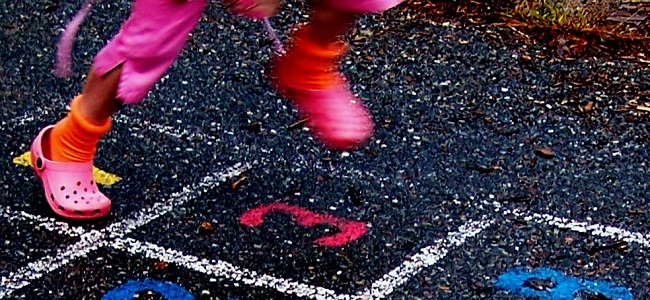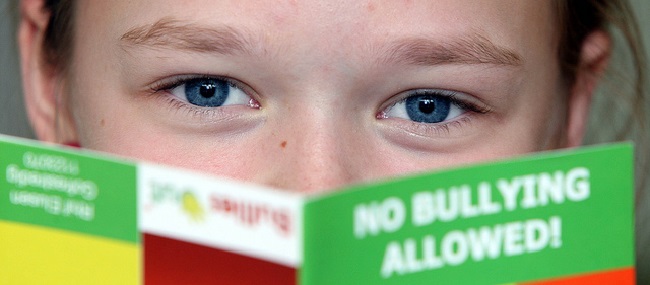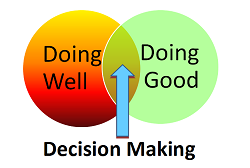With the new curriculum upon us, Rosemary Dewan of the Human Values Foundation explains how pupils can make terrific strides with an education that embraces hard skills, soft skills and intrapersonal skills...

Following extensive research (Lovat, Toomey and Clement, 2010, see below), education experts consider that “the best laid plans about the technical aspects of pedagogy are bound to fail unless the growth of the whole person – social, emotional, moral, spiritual and intellectual, is the pedagogical target”.
Laughter can be a powerful agent of education. Here, teacher and SEN guru Julia Sharman examines why giggles in the classroom are not to be dismissed, and that a child’s fun-loving nature ought to be embraced.

There’s nothing like the sound of children’s laughter. It doesn’t necessarily mean they are up to no good; it means they are happy and having fun. If you hear the sound of laughter coming from a classroom when walking down the corridor, you’re almost compelled to find out what they are enjoying so much. So, are ‘giggles in the classroom’ a positive thing?
Given the importance of teachers being secure in their working lives, it’s vital that schools take into account the effect of social media and technology. Elliot Simmonds of VoicED examines how teachers can take care of themselves in a digital world.

We have covered cyber-bullying a lot on the our blog recently, along with other technology-influenced issues such as ‘sexting’ and the specific impact on SEN students. However, two recent pieces of research published by two different teachers’ unions have focussed not on pupils and their vulnerability, but on teachers and educators who suffer from the same problems.
Rosemary Dewan discusses how a student can be virtuous and successful, while dealing with the growing world of social media.

Young people growing up in today’s world are witnessing how individuals’ choices and actions can rapidly be broadcast via social media, such as Facebook, Twitter and YouTube.
It’s all the more important therefore that learning to make informed, principled, well considered decisions is an integral part of their education so that each of them can leave school with their reputation intact, confident of doing well, with a life-long learning mentality that enables them to maximise their abilities and with the desire to be responsible citizens, capable of making the world a better place.

A community-driven platform for showcasing the latest innovations and voices in schools
Pioneer House
North Road
Ellesmere Port
CH65 1AD
United Kingdom